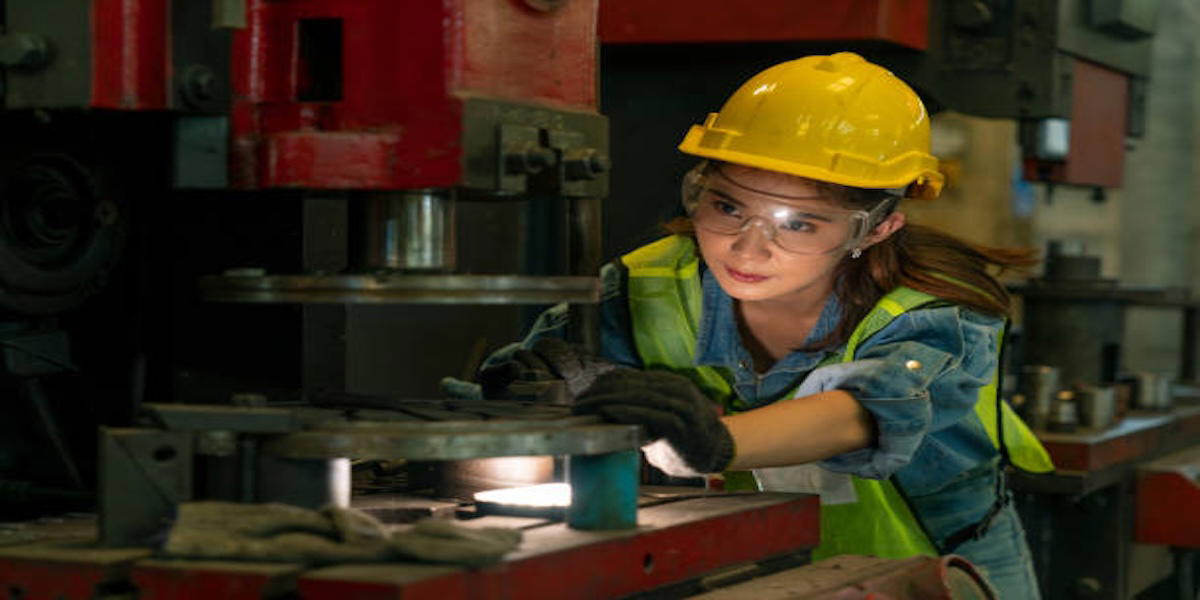A widening skills gap threatens to further erode U.S. manufacturing competitiveness and thus our economy. A talent pipeline with a sufficient supply of properly aligned skills is imperative in meeting U.S. manufacturers’ needs for capacity, productivity, and innovation.
The United States was so rich for so long that efficient utilization of human resources did not seem necessary. Not true today. Income is stagnant and declining vs. many other countries, especially for the bottom third of the income distribution. It’s time to provide a path for more of our youth to obtain the technical skills necessary for today’s job market. Doing so will also mean that fewer pursue liberal arts university degrees.
According to a study by Deloitte, an estimated 3.8 million manufacturing jobs will need to be filled over the next decade due to retirements (2.8M), industry growth (0.76M) and Biden era incentives (0.23M), with a skills gap leaving more than 2 million of those jobs unfilled. The gap is a result of an overall shortfall of recruits and a mismatch between the skills manufacturers need and the skillsets of available workers.
Read the article.


